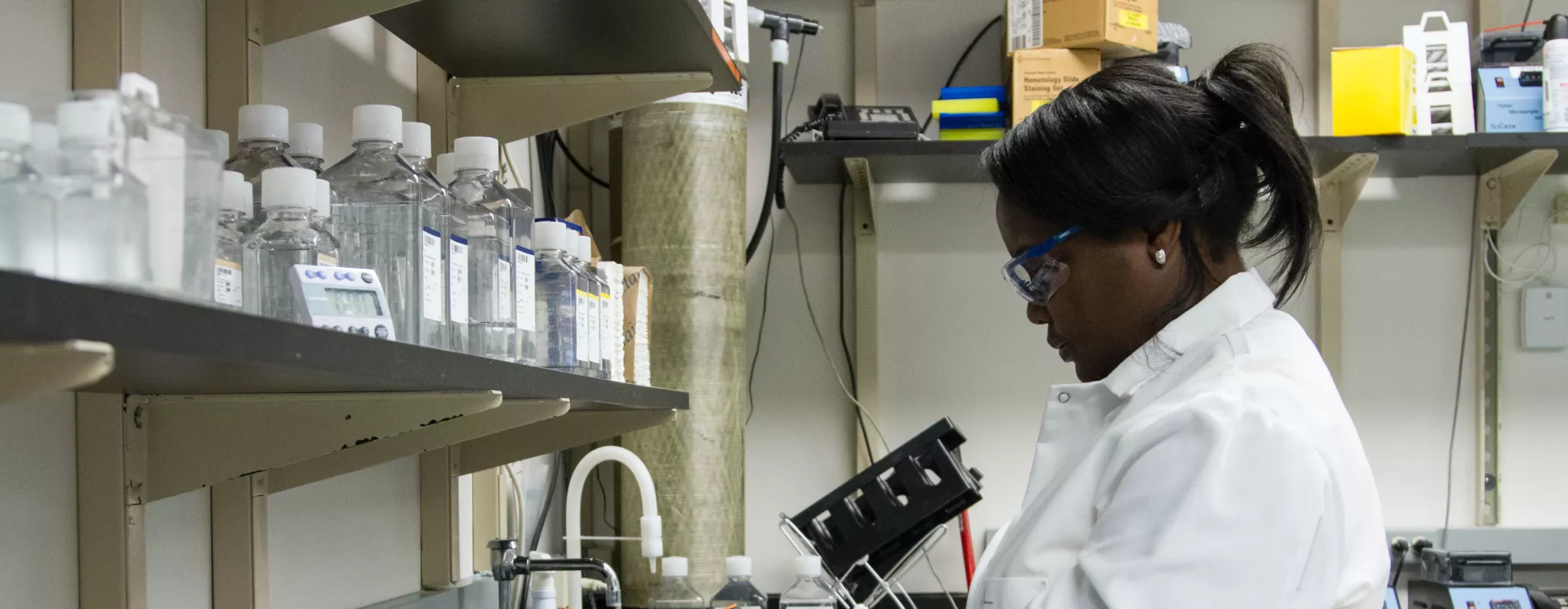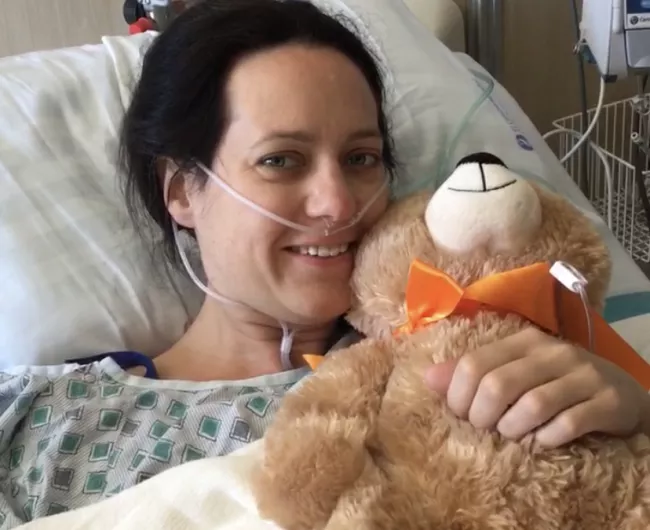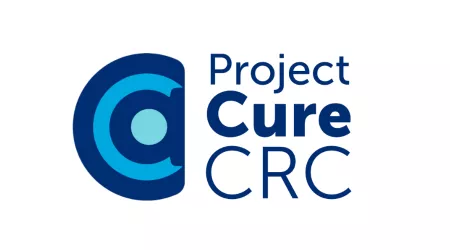
Research
The Alliance’s mission is to end colorectal cancer in our lifetime. By supporting innovative colorectal cancer research by top doctors and scientists, we take important steps toward realizing our vision — a world free of this disease.
By the numbers
We've invested 1,000 hours gaining patient insights.
We've invested nearly $5 million in innovative research.
We work with 75 partner physicians and scientists.

How we fund innovative colorectal cancer research
Our research program is a critical driving force in our mission to end colorectal cancer in our lifetime. We've invested nearly $5 million in colorectal cancer research, including nearly $3 million as early-stage grants to innovative researchers. Learn more about how our funding mechanisms guide our investments in colorectal cancer research.
Funding innovative colorectal cancer research

Projects we've funded
By funding the most innovative colorectal cancer research studies, we take important steps toward realizing our vision—a world free of colorectal cancer.

Research library
Our research library is your one-stop source to find Alliance-led progress reports, publications, presentations, and more based on our recent work in colorectal cancer research.
Providing leadership in colorectal cancer research
By convening scientific community leaders and patients together to advance and build knowledge, we are more efficiently addressing critical issues for patients’ direct benefit.

Support colorectal cancer research
Thanks to our generous supporters and the work of researchers all over the world, more survivors are beating colorectal cancer than ever before. However, we still have a long way to go. We need:
- Breakthroughs for advanced colorectal cancer
- Less toxic and more effective cancer treatments,
- Better techniques to diagnose and treat young onset colorectal cancer
- A better understanding of what motivates people to get screened earlier and detect or prevent this unique cancer.
Let’s work together to ensure that more families beat this cancer.

"Colorectal cancer is the second leading cause of cancer death in the U.S., with an increasing rise in early onset disease, or being diagnosed before the age of 50. To change the trajectory of this disease and improve patient outcomes, the Alliance is committed to funding research that leads to new treatments and improved therapies, novel methods in diagnostics, prognostics, and monitoring response to therapies, and studies focused on health equity in screening and care. The Alliance supports studies across the spectrum of basic, translational and clinical research as the promise of managing and curing colorectal cancer is within sight and research funding is desperately needed to realize our goal of eradicating colorectal cancer in our lifetime."
Up Next
How we fund researchTop resources

Dr. John Marshall joins the Alliance as Chief Medical Consultant
A veteran in the field of gastrointestinal cancer research, Dr. Marshall will share his leadership experience and scientific expertise to guide the Alliance’s patient support and research initiatives, particularly Project Cure CRC.

Alliance Announces Request for Proposals as it Launches the Largest-Ever CRC Research Investment
In an effort to expedite its life-saving work, the Colorectal Cancer Alliance (Alliance) Project Cure CRC initiative is excited to open its Request for Proposals (RFP). Tens of millions of dollars will be available to researchers from around the world whose work aims to expedite colorectal cancer (CRC) research to a curable science.
Congress must fix CRC research funding oversight
The Colorectal Cancer Alliance is committed in 2024 to finally getting Congress to include colorectal cancer as a dedicated research program at the CDMRP.





